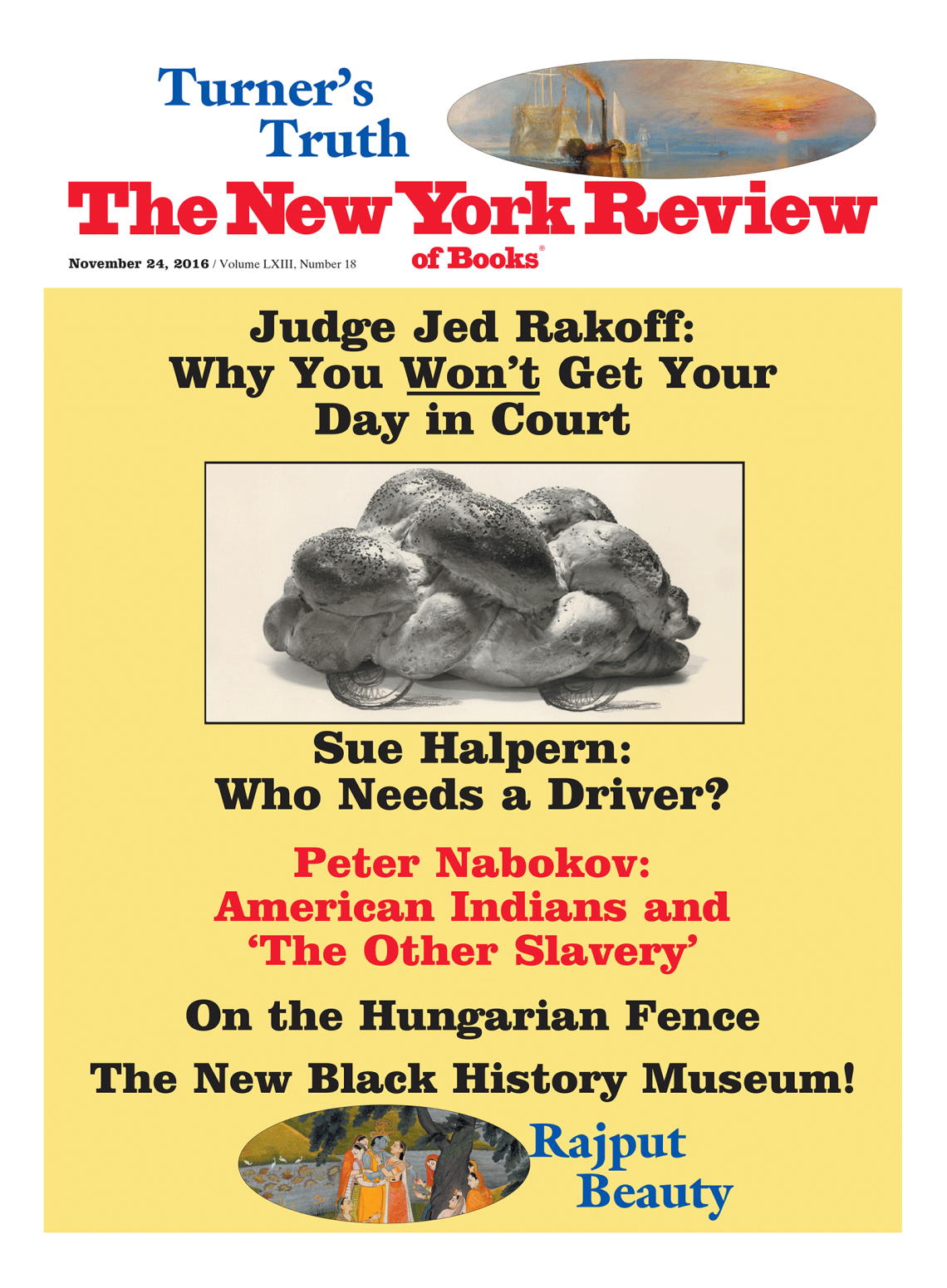To the Editors:
I agree with Robert Darnton about almost everything. I would press him on one issue. Too often digital access feels too much like complete access. If we can’t find something online, too often we assume that it does not exist. Just this past week archivists and historians at the Pennsylvania Historical Association annual meeting reported on the thousands of inaccessible, uncataloged, unprocessed, largely unread documents in archives and courthouse attics.
To take one example, the Fall Brook Railroad collection is probably the most complete set of Gilded Age railroad papers in America. It includes letters to and from J.P. Morgan, William H. Vanderbilt, and other titans of the age. It is the only archival collection that explains how railroad companies coordinated the movement of freight and passengers across their massive networks.
Yet the bulk of the collection lies jumbled in boxes—folded in thirds and tied with faded red tape—in the same form as when it first arrived at the Pennsylvania Historical and Museum Commission archives in 1945. It’s a Catch-22: because the collection is largely unprocessed, scholars don’t use it; because it is unused, it is in danger of being culled.
To focus on access to already digitized sources should not blind us to the need to make available the important documents that rot unread.
Andrew B. Arnold
Chair of History Department
Book Review Editor, Pennsylvania History: A Journal of Mid-Atlantic Studies
Kutztown University of Pennsylvania
Kutztown, Pennsylvania
Robert Darnton replies:
I heartily agree with Andrew Arnold. One of the most misleading notions of our time is the widespread belief that all information is available online. Having conducted most of my research during the past fifty years in archives, I can appreciate how much of the human record lies beyond the range of scanners. Most human beings lived and died without leaving a trace of their existence, and most of the traces that survive lie in manuscript sources that have never been studied, to say nothing of having been digitized. But the imperative to pursue research into archives does not argue against digitizing material that is easily accessible in cultural institutions, linking it together in a distributed system, and making it freely available as a digital public library.


